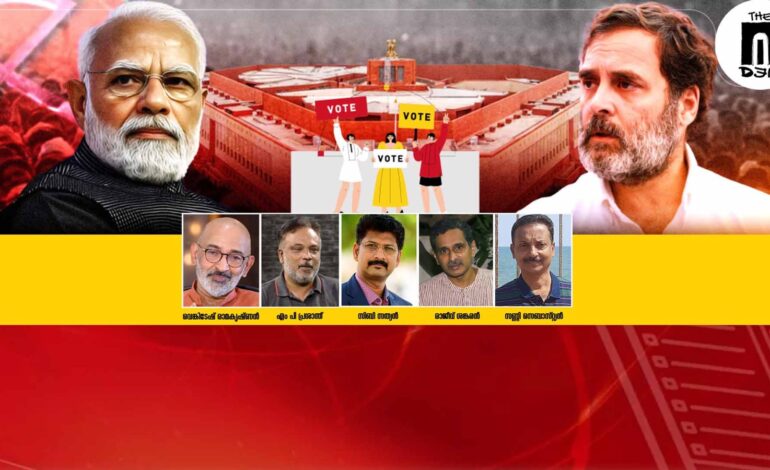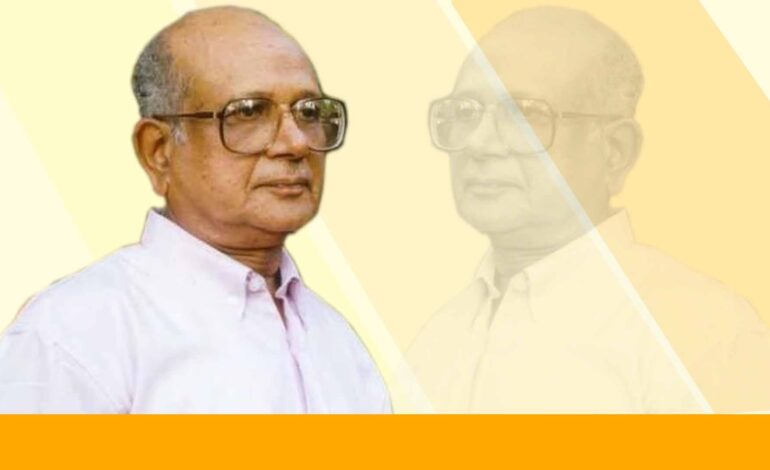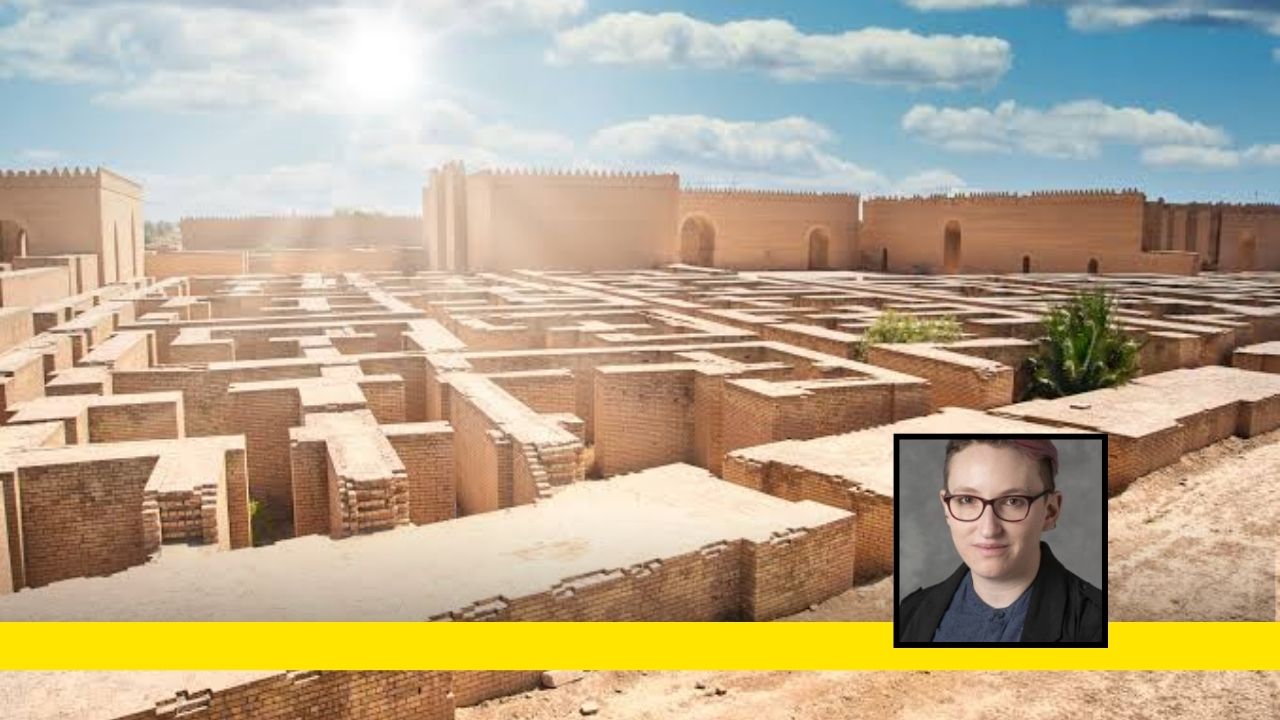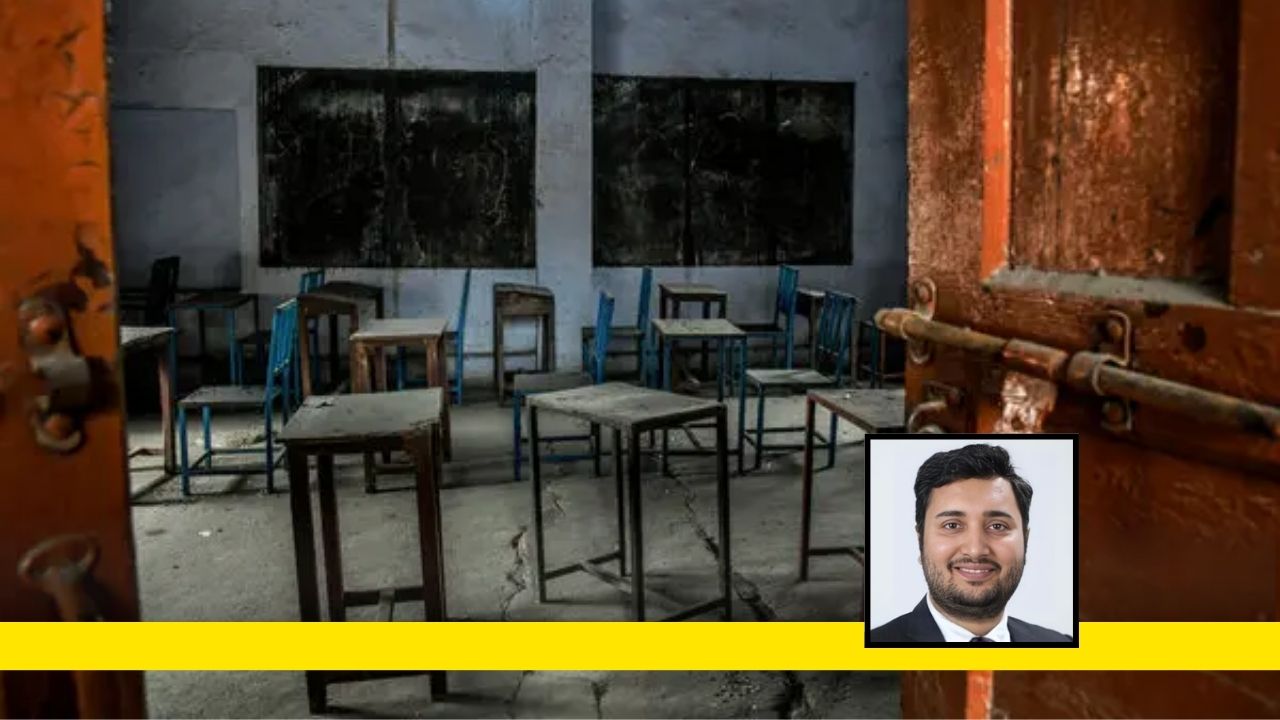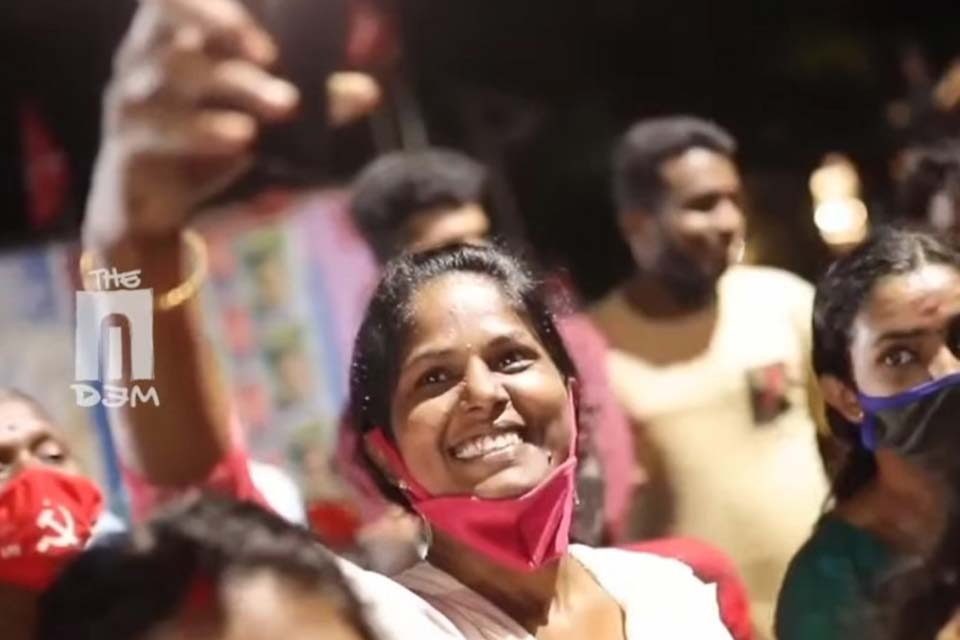Eedina Challenges Exit Polls And Calls For Transparency and Credibility
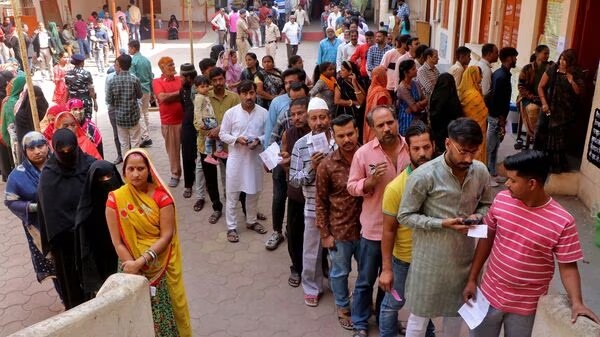
Eedina, a community-based media house in Bangalore (www.eedina.com), is at the forefront of a significant debate regarding the accuracy and methodology of recent election exit polls. Eedina’s research team, comprising of Dr. Vasu and Bharath, detailed their concerns and reasons for challenging the exit polls. Read the details here.
The Challenge and Reasoning
Eedina frequently conducts surveys in its media coverage to understand community preferences and demographic trends. Their recent surveys in Karnataka revealed discrepancies between their findings and the results of various Exit polls. The sampling methodologies and outcomes of these exit polls do not align with Karnataka’s demographics and voter preferences, prompting Eedina to challenge the results. Here are the issues pointed out by Eedina.
-
Lack of Transparency
One of the primary issues highlighted by Eedina is the urgent need for more transparency in the exit polls. Many agencies do not disclose their sample size, sampling methodology, or the demographic breakdown of their samples. This lack of detail undermines the credibility of the results and prevents independent verification. Without transparency, it isn’t easy to assess the reliability and validity of the data presented, posing a significant challenge to the integrity of the electoral process.

-
Sampling Issues and Biases
- Under-Sampling of Women
Eedina has raised concerns about the sampling and reweighting of women respondents. For example, My Axis India reported a sample with 69% male and 31% female respondents, which was later adjusted to a 50/50 ratio. This reweighting may not resolve the inherent bias in the sample, as the initial under-sampling of women could lead to inaccuracies in representing their voting behaviour.
-
- Under-Sampling of Less Educated Voters
Eedina has also highlighted significant concerns about the under-sampling of voters who have yet to go to school, a demographic that tends to represent poorer sections of society. In Karnataka, approximately 24% of the population has yet to receive formal education, whereas the sample in the exit poll reports only 15%. This under-representation can skew the results since poorer individuals tend to vote more than richer. This could lead to a misrepresentation of the voting patterns and potentially influence the election outcome.
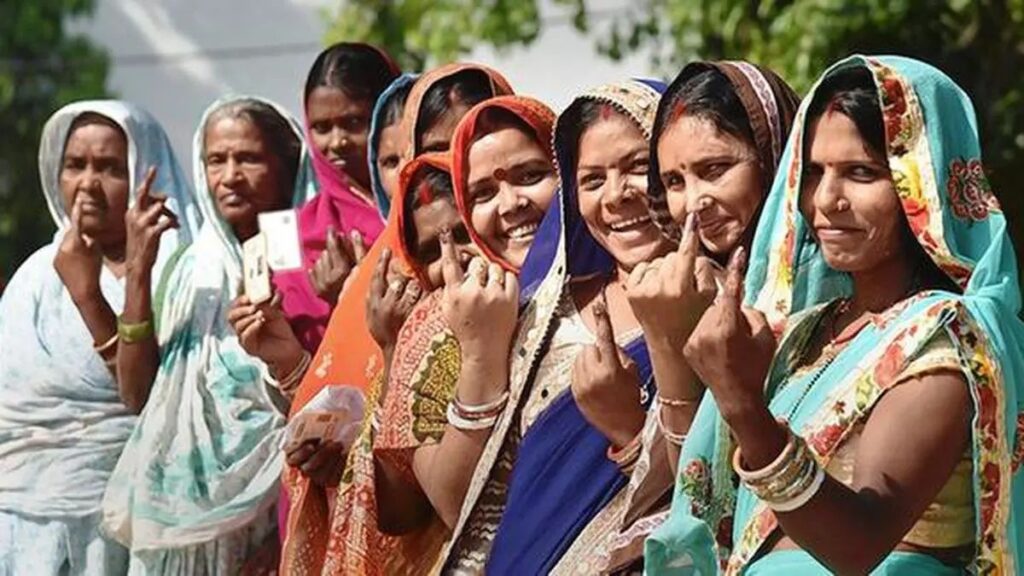
-
Political Ramifications
The exit polls also suggest that women are voting more for the NDA. However, Eedina’s regular surveys indicate the opposite, with more women in Karnataka favouring Congress. This discrepancy raises further questions about the accuracy and representativeness of the exit polls, suggesting potential biases in the polling methodology or sample selection. If these exit polls are inaccurate, they could mislead the public and influence their perception of the election outcome, undermining the democratic process.
-
Ethical Concerns
Adding to the controversy, a comment from an exit poll organisation stated, “Winning elections is equivalent to winning hearts of the people, and it cannot be faked particularly in a country like India of 1.5 billion people which has so much of demographic & geographic diversity. Over & above that, to beat a contender like ‘Modi’, the opposition would have to search for a leader who’s better than ‘Modi’.”
This eulogising of the Prime Minister without mentioning possible upward trends in a few states is problematic, especially for an exit poll organisation. A more significant ethical issue is at play: questioning the impartiality and objectivity of such polls.
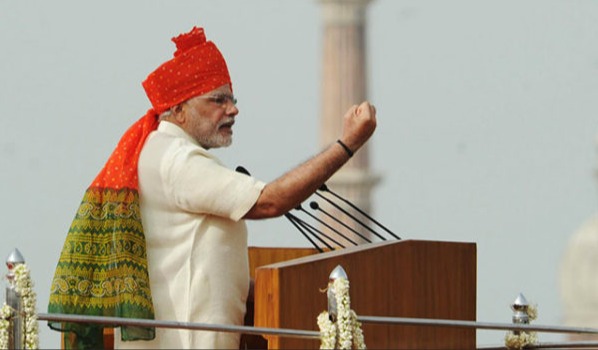
Conclusion
In a democratic setup, transparency and credibility are paramount. Eedina’s challenge to the exit polls underscores the need for rigorous scrutiny and methodological transparency in electoral surveys. As India approaches the announcement of election results, it is imperative that all stakeholders, including media houses and pollsters, adhere to the highest standards of transparency and accountability. This approach will not only enhance the credibility of the electoral process but also strengthen the democratic fabric of the nation.
Watch the video of the Eedina interaction highlighting the challenge here


